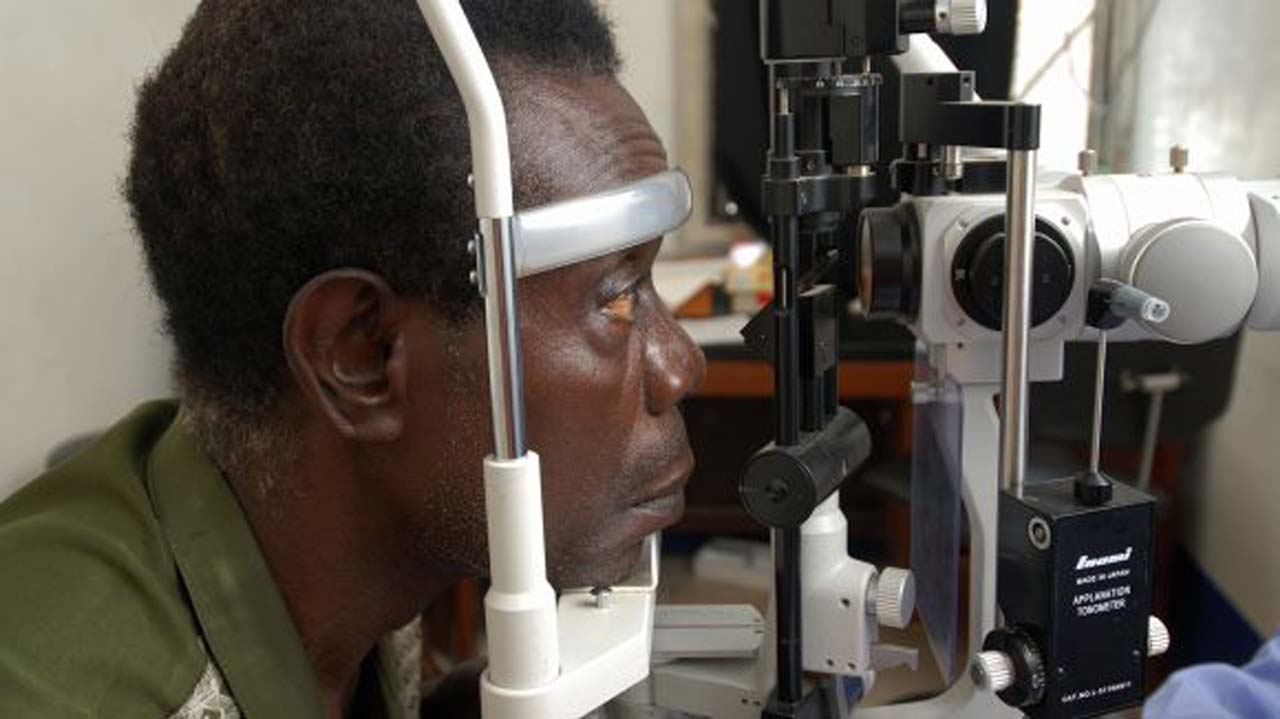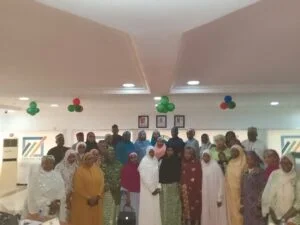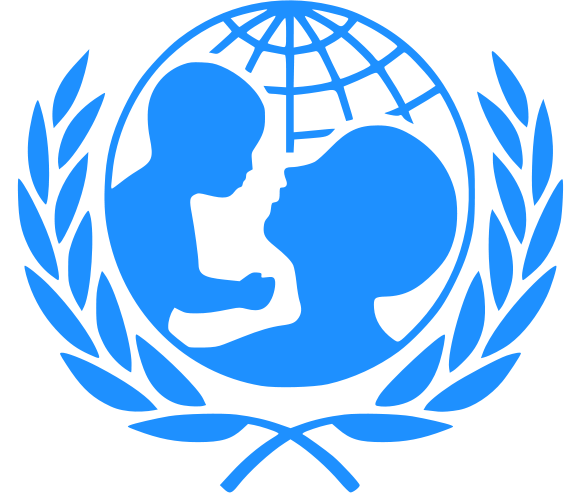Medical experts have cautioned against self-medication for eye problems, emphasising the importance of regular eye check-ups to prevent vision loss.
They gave the advice at a capacity building workshop on Eye-Health and its Relevance to Effective Journalism on Wednesday in Abuja.
The workshop was organised by the Nigeria Union of Journalists (NUJ), News Agency of Nigeria (NAN) Chapel with support from Sightsavers Nigeria.
Dr Chidinma Udemezue, World Sight Week Chairperson and member FCT Nigerian Optometric Association, noted that many Nigerians suffer from preventable vision problems, with 24.3 million people struggling with various eye issues.
Udemezue stressed that regular eye check-ups could help detect problems early, preventing complications that could lead to blindness.
“When it comes to eye care, it’s essential to be proactive and seek professional help when needed.
“Don’t take your eyes for granted, and don’t wait until it’s too late before you seek a medical experts, “she said.
Similarly, Dr Chinedu Njezi, Chairman, Nigerian Optometric Association, FCT highlighted the importance of prioritising eye health.
Njezi warned against using traditional remedies, such as applying human urine, breast milk and other substances in the eyes, saying that this could cause more harm than good.
“There are so many myths surrounding eye health to the extent that some people apply breast milk, urine, salt solution and a lot of other substances in their eyes without fully understanding the consequences of their actions.
“The eyes are the windows to the body, and anything you apply in it affects its functionality.
“Don’t put anything in your eye except it is given to you by a licenced, practicing eye care practitioner.
“Some conditions that you worry about looking for things to put in your eye, can even resolve on their own,” he said.
According to him, some diseases and ailments can be diagnosed, during eye screening, so it is important to engage in regular eye check to detect and treat any vision impairment.
“If you are diabetic, hypertensive, anemic or have any health condition, it can be detected during an eye test. So it is very important to go for regular eye check
Njezi also stressed the need for those given glasses to correct any eye defects to ensure regular usage to protect their eyes and correct the defects
“Eyeglasses are not medications. They are like sight or vision aids. They don’t also spoil your eyes. They help you to see far, read, and help your visual system,” he said.
Earlier, Mr Mufutau Ojo, Editor-in-Chief, NAN, encouraged the workforce to prioritise their health as it was the basis for their functionality and effective contribution to the agency and journalism.
“We usually blow trumpets for other professionals, but when it comes to our own health, we neglect it. If you don’t want to take care of your health, we will force you to do it,”he said.
Mr Collins Yakubu-Hammer, Chairman of NUJ, NAN Chapel, said the workshop theme was apt, considering the fact that the eyes were very instrumental to the effectiveness and efficiency of a practicing journalist
Yakubu-Hammer, represented by Mr Fortune Abang, Vice-chairman of the chapel noted that a bad eye sight would always affect the performance of Journalists.
“A reporter or editor with unhealthy eyes is a disaster in the waiting. If such unhealthy eyes are not corrected, such a reporter or editor can mislead the society and cause havoc that can consume a country,” he said.
He, therefore, urged journalists to maximise the benefits of the workshop and get eye glasses aid them in discharging their duties effectively as well as boost accuracy and reportage.
Ms Evelyn Onyilo, President/Founder, Initiative for Women’s Accelerated Development in Africa (INWOAD), emphasised the importance of good eye sight to journalists in discharging their duties effectively.
Onyilo, also the Publisher, Phenomenal People Magazine said that good vision was essential to journalists as storytellers, truth-seekers, and chronicler of time.
“For you as journalists, your vision might be to champion a cause, expose injustice, or simply deliver the most accurate news possible.
“Whatever it is, that vision is what should shape your actions,” she said.
In the same vein, Ms Grace Ike, Chairperson, NUJ, FCT council, emphasised the need for journalists to see clearly both literally and figuratively to enable them report news accurately and holding those in power accountable.
Ike represented by Mrs Shakirat Alabi, Former NUJ Chairperson, FRCN Abuja Operations Chapel encouraged journalists to prioritise eye health and cultivate habits that protect and preserve their eyes.
According to her, every report we write, every photograph we take, and every story we tell begins with what we see.
“In essence, our vision is our gateway to truth and when our vision is compromised, the accuracy and depth of our journalism can also be affected
Meanwhile, some of the beneficiaries expressed appreciation to the organisers for the initiative, adding that it would save them the cost of paying for eye health screening, free glasses and other health benefits. (NAN)




